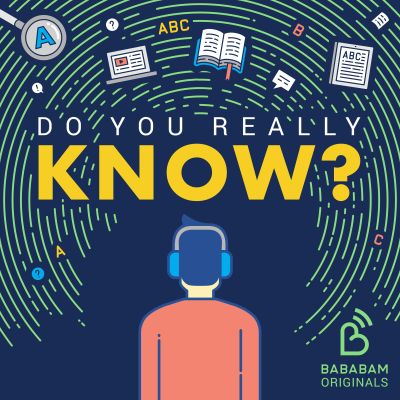You’ve heard about it, but do you really know it? In 3 minutes, we help you understand the true meaning behind the trends, concepts and acronyms that are making headlines. After listening, you will really know for sure.
https://play.acast.com/s/do-you-really-know
What is negationism?
What is negationism? Thanks for asking!
Historical negationism refers to the practice of manipulating historical records to deny that certain events happened, or distort the narrative around them.
The term is relatively recent, having been coined by French historian Henry Rousso in 1987, relating to Holocaust Denial. Six million Jews were murdered by the Nazi regime during the Second World War.
Holocaust denial is certainly one of the most well-known and common examples of negationism. But similar distortion strategies have been seen relating to other genocides and war crimes across the world.
Negationism is a crime in some countries like Germany, while elsewhere the approach is more cautious, due to questions about freedom of speech. Other laws can apply to negationist statements, if they are also of a hateful or discriminatory nature.
So what exactly does negationism look like?
Techniques include using forged documents to justify an alternative version of events, creating doubt about genuine documents, manipulating statistics and deliberately mistranslating texts. Then you’ve got the destruction of physical evidence through book burning or smashing statues.
In the case of Holocaust Denial, some deny the existence of the gas chambers in concentration camps. They downplay the extent of Hitler’s Final Solution, claiming that the Nazis merely deported Jews and didn’t exterminate them. Others recognise that there was mass murder, but put the death toll significantly lower than the accepted figure of 5-6 million.
Surveys in recent years have shown there is still a shocking level of Holocaust denial in the 21st century. Just last year, a survey found that 5% of UK adults do not believe the Holocaust took place. In other regions, like Sub-Saharan Africa, Asia, the Middle East and North Africa, awareness levels are much lower. But among those who have heard of the Holocaust, only half or less believe it has been accurately described by history.
See acast.com/privacy for privacy and opt-out information.
Learn more about your ad choices. Visit megaphone.fm/adchoices
